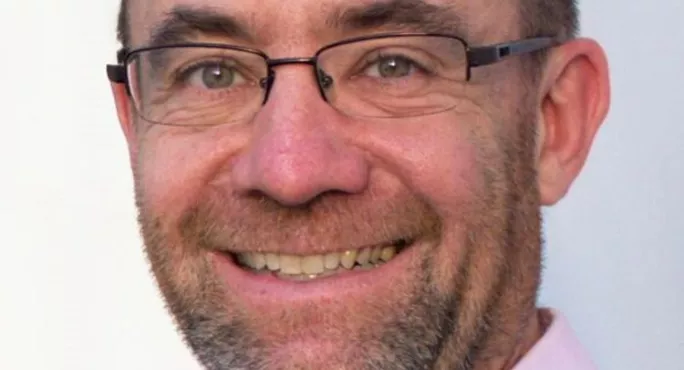The UK is top of the league, according to the OECD’s director of education. But it’s not the kind of league table we would want to top.
The OECD’s Andreas Schleicher, the man behind the hugely influential international Pisa rankings, was speaking at the opening session of the International Symposium on the Teaching Profession in Berlin last week. The conference brought together the leaders of teaching unions with education ministers from around the world to discuss achieving teaching excellence.
The OECD presentation sought to frame the issues. It began with the background that “the things that are easy to teach are now easy to automate, digitise or outsource”; and that, at a time of driverless cars and augmented reality, there was a lot more to come in this area.
Against that background of change, Andreas used a graphic from the Center for Curriculum Redesign to show the dimensions of student learning: knowledge, skills and character together developing the 21st-century learner, all delivered with meta-learning of metacognition and growth mindset. Then he named his first country.
In the UK, said Andreas, 96 per cent of teachers says that their role is to “facilitate students’ own inquiry”. Some 86 per cent say that “students learn best by findings solutions on their own,” and 76 per cent agree that “thinking and reasoning is more important than curriculum content”. He said these approaches could be characterised, including by our own schools minister Nick Gibb, as constructivist.
Then Andreas showed that the UK tops the league table of “prevalence of memorisation, of rehearsal, routine exercises, drill and practice and/or repetition”. He also pointed out that the UK came bottom when it came to “prevalence of elaboration - reasoning, deep learning, intrinsic motivation, critical thinking, creativity, non-routine problems”.
We may write-off the Chinese and other Asian systems as relying too much on rote learning, we may say that such an approach reduces resilience and preparedness for the 21st-century world of work, and yet, those countries are mid-table in this list of shame.
Sadly the English schools minister, Mr Gibb himself, arrived too late to witness this dramatic moment.
Of course former ministers, like myself, also need to take responsibility for a system that has grown to stifle trust in teachers through ever more constraining forms of accountability.
As Fred van Leeuwen, from Education International, told the conference: we should be creating a self-confident, versatile, profession with autonomy that continuously learns from each other.
Here, England has something positive to build on. The OECD showed that the English have one of the strongest scores in teacher professionalism, with a good balance of networks, autonomy and knowledge.
But there is more to be done.
Jim Knight is chief education adviser to the TES’ parent company, TES Global, and a former Labour minister of state for schools
@jimpknight
Want to keep up with the latest education news and opinion? Follow TES on Twitter and like TES on Facebook




